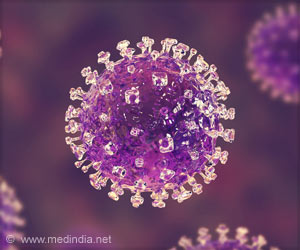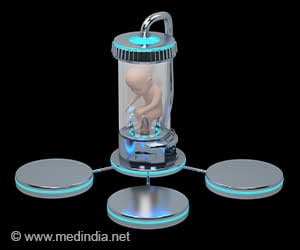
Prior analyses have suggested the United States' share of global expenditures were once as high as 80 percent.
Results of this new analysis, conducted by researchers from industry and academia, including both medical researchers and economists, appear in the Jan. 2 New England Journal of Medicine.
"The United States has long been a world leader in driving research and development in the biomedical science. It's important to maintain that leadership role because biomedical research has a number of long term downstream economic benefits, especially around job creation," says study author Reshma Jagsi, M.D., D.Phil., associate professor of radiation oncology at the University of Michigan Health System.
Despite reductions in funding from the National Institutes of Health, including a 20 percent drop in purchasing power since 2003, the researchers discovered that the United States' decline was driven almost entirely by reduced investment from industry, not the public sector. This includes support for clinical trials testing potential new therapies.
Jagsi suggests that this may boil down to fewer regulations and less expense to conduct research in Asia - labor costs less, government may be offering subsidies and the research infrastructure is not as bureaucratic as it is in the United States.
Advertisement
Historically, about half of drugs approved by the U.S. Food and Drug Administration had some federal government funding during the course of the research and development.
Advertisement
Additional authors: Gordon H. Sun, M.D., M.S., University of Michigan Health System, VA Ann Arbor Healthcare System, Robert Wood Johnson Foundation Clinical Scholars Program; Jeffrey D. Steinberg, Ph.D., Singapore Bioimaging Consortium, Agency for Science, Technology and Research; Stephen M. Sammut, M.A., M.B.A., Wharton School of Business, University of Pennsylvania
Reference: New England Journal of Medicine, Vol. 370, No. 1, pp., Jan. 2, 2014
Source-Newswise









